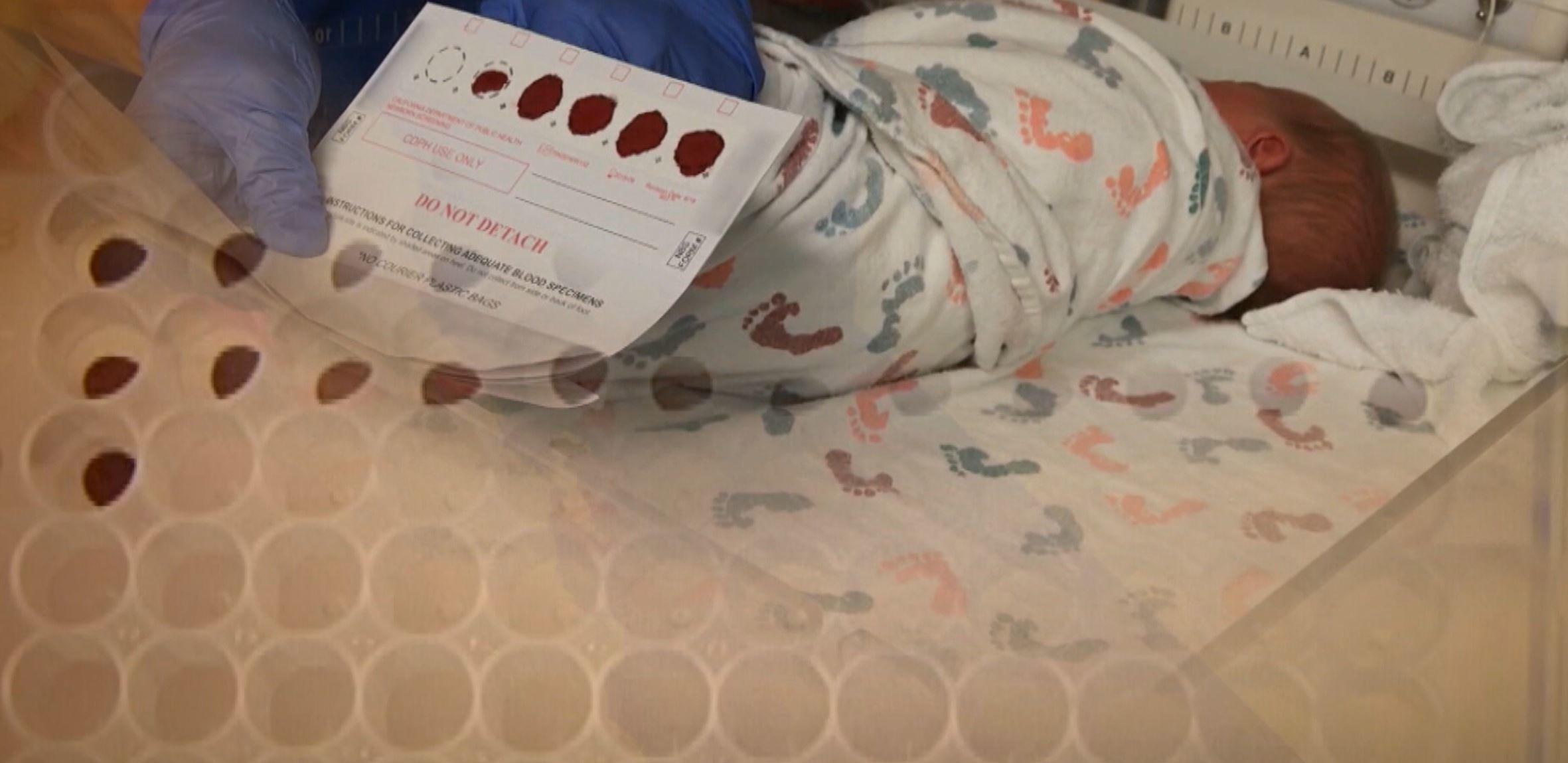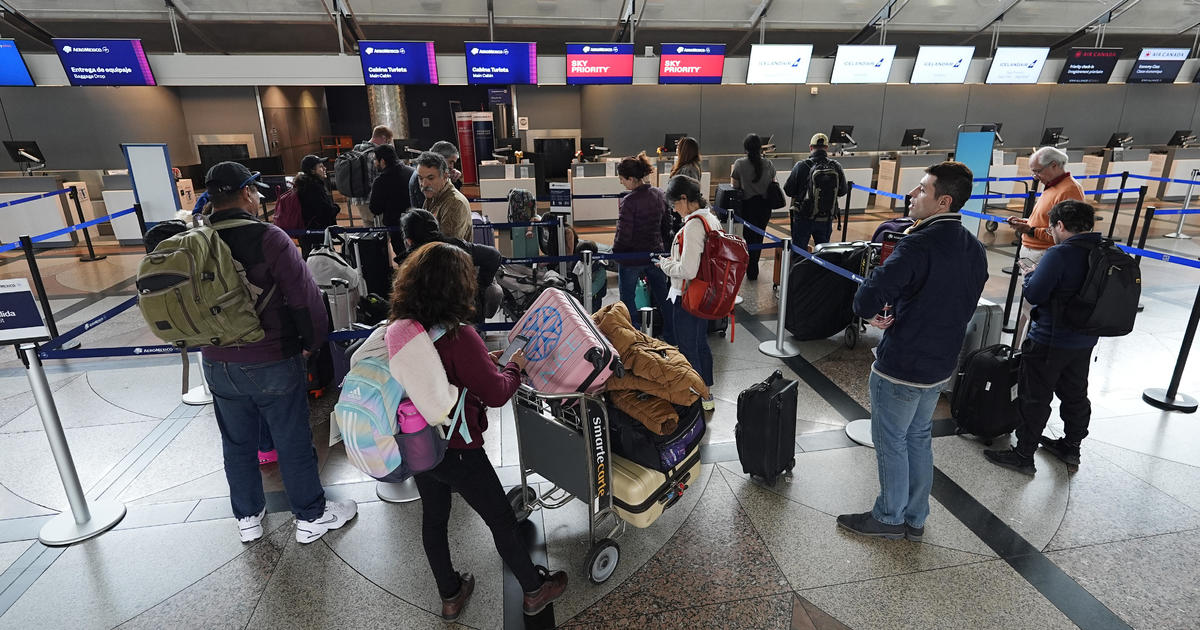Lawmakers Tinker With Crime Measure Recently OK'd By Voters
SACRAMENTO, Calif. (AP) - Four months after California voters lowered penalties for certain crimes, state lawmakers and law enforcement officials are lining up with proposals to repeal portions of the new law that they say have created unintended consequences, such as reducing the number of DNA samples taken from suspects.
Proposition 47 has been a ringing success in easing punishments for drug crimes and thinning crowded jails. But police say it also has contributed to a rise in property crimes, to a decrease in the number of drug users getting the treatment they need and to lowering the deterrent for stealing guns or possessing date-rape drugs.
The ballot measure changed shoplifting, forgery, fraud, petty theft and possession of small amounts of drugs from felonies that can carry lengthy sentences to misdemeanors that can bring up to a year in jail.
"I don't believe the voters truly knew what they were signing up for," said Stanislaus County Sheriff Adam Christianson, president of the California State Sheriffs' Association. "We're not asking that it be abolished. We're asking for some adjustments to help us do our jobs."
He is among officials and lawmakers from both parties who are backing legislation to reverse four parts of the measure:
- SB333 and AB46 would give prosecutors the option of filing felony charges against suspects accused of possessing certain date-rape drugs. If approved by the Legislature, the bills by Sen. Cathleen Galgiani, D-Stockton, and Assemblymembers Tom Lackey, R-Palmdale, and Melissa Melendez, R-Lake Elsinore, would ask voters to decide next year whether to restore tougher penalties that backers say help deter sexual assaults.
- Proposition 47 reduced the collection of DNA because state law allows taking samples only from people charged with felonies. AB390 would allow authorities to collect DNA from criminals who are convicted of crimes that were previously felonies but are now reclassified as misdemeanors because of Proposition 47.
"Forensic DNA is the greatest tool ever given to law enforcement to find the guilty and to exonerate the innocent," Sacramento District Attorney Anne Marie Schubert said at a news conference supporting the bill by Assemblyman Jim Cooper, D-Elk Grove. The measure Cooper co-authored with Lackey, Assemblyman Henry Perea, D-Fresno, and Sen. Lois Wolk, D-Davis, requires only a majority vote of the Legislature because it does not change the sentences approved under the ballot measure.
- AB150 by Melendez and Assemblyman Adam Gray, D-Merced, would restore the felony charge for stealing guns, if it is approved by the Legislature and by voters next year. Under Proposition 47, stealing guns is treated like any other theft of property worth less than $950.
- AB1104 would let authorities seek search warrants if the suspected underlying crime was previously a felony but now is a misdemeanor because of Proposition 47. Similar to the DNA bill, the measure by Assemblyman Freddie Rodriguez, D-Pomona, could be enacted with a majority vote in the Legislature without going back to voters.
They are among hundreds of bills introduced by Friday's legislative deadline that will now be considered by lawmakers in coming months.
Nearly 60 percent of voters approved Proposition 47 in November, and officials said they are not trying to thwart voters' intent.
"It's not about undoing or taking away from the good parts of Proposition 47, but date-rape drugs are different than the types of drugs that people use for personal use," said Alameda County District Attorney Nancy O'Malley, who is supporting several of the bills.
Supporters of the initiative said they would battle efforts to change it now.
Date rape and illegally using a firearm remain felonies, even if possessing certain drugs or stealing low-cost guns are now misdemeanors, said William Lansdowne, who served as police chief in San Diego, San Jose and Richmond. Lansdowne said he doubts most voters would favor allowing search warrants or DNA samples to be taken for non-serious, nonviolent crimes.
Voters objected to a criminal justice system that spends too much on prisons and jails drug addicts instead of getting them treatment, said Lansdowne, one of two official proponents of the initiative.
"It's my belief that this is what the public wanted," he said. "They saw that it was broken, and they want it fixed."
Copyright 2015 The Associated Press.



